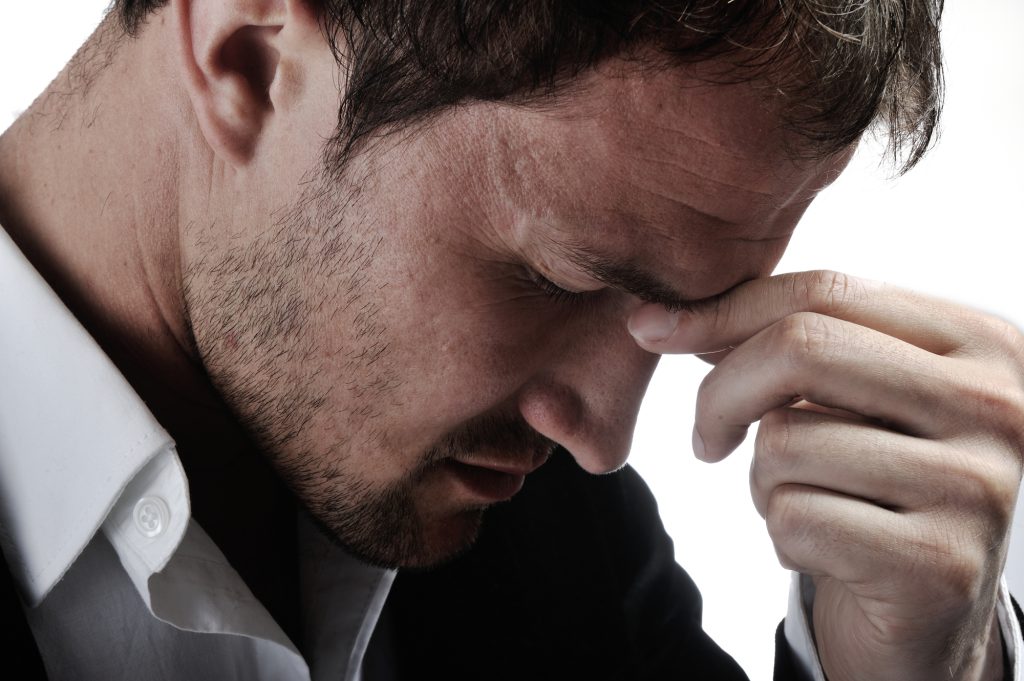
Men’s Mental Health: Giving Advice and Support
Did you know that suicide is the leading cause of death in Australian men under 54 – even higher than the road toll? Anxiety and depression are widespread among men (anxiety affecting 1 in 5 men, and depression 1 in 8 men). But overall, men are often reluctant to seek treatment – too many men still believe that it is a sign of weakness to ask for help.
Identifying risk factors
Anxiety and depression in men is often associated with problems with:
- Physical health
- Relationships
- Employment
- Social isolation
- Drug or alcohol use
- Post-natal or ante-natal depression can occur in up to 10& of men, and can be independent of their partner’s mental state (although the mother’s PND is the strongest predictor for this in men).
Men are more likely to report physiological symptoms of depression (such as fatigue or weight loss) than women; they tend to acknowledge irritability, rather than low mood.
Helping men take action
Here is important advice for helping men take action:
- Seek support: it’s especially important for men to stay in touch with friends, family, co-workers and any others who may be able to offer a sense of connection. Men often tend to be more socially isolated than women.
- Self-care: including exercise, healthy diet, and managing sleep as well as relaxation techniques.
- Activity planning: it’s important to make time for enjoyable activities, as well as routine tasks. Making a plan for each day can help to provide a focus.
- Reducing reliance on alcohol or recreational drugs.
- Seeking help with a psychologist if necessary.
MensLine: 1300 78 99 78 (available 24/7)
Sources: beyondblue, Mensline and PANDA websites
By David Warmington, Clinical Psychologist







